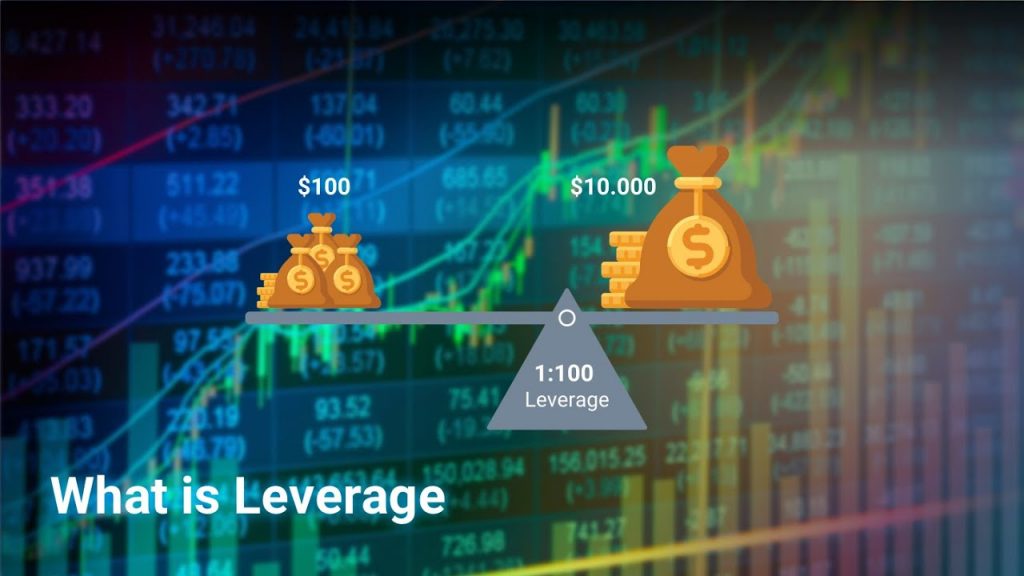There exist some great resources out there for learning how to trade like a hedge fund manager. Some of these resources are investing in hedge funds, day trading, and quants. Investing in hedge funds, day trading, and quants can be very profitable if you have the right mindset. If you intend to learn more about how to trade like a hedge fund manager, check out these tips! You will be glad you did!
Investing in hedge funds
As with any investment, learning more about how your money will be used is essential to investing like a hedge fund manager. First, read the form ADV that your fund’s managing partner has filed with regulators. This form details everything about the hedge fund, including what assets the fund holds, who the fund’s clients are, and any disciplinary actions or regulatory violations. Moreover, the Form ADV also details the fund’s portfolio, which may include assets that are difficult to understand.
Secondly, hedge funds are experts in the field of quantitative trading and develop algorithms to analyze large data sets and automatically execute trades. This process is known as high-frequency trading. Individual investors cannot invest in these funds because of their expensive costs.
Trading with leverage

There are several advantages to trading like a hedge fund manager with leverage. This type of investment allows you to create leverage, often as much as nine times your original capital, and allows you to borrow against existing securities. This type of leverage is also beneficial for the short seller because the costs are low. In addition, the exchange handles the lending of the money, which means transaction costs are minimal. And the leverage is perfect for a hedge fund, as the secondary market is liquid.
Leverage is a common tool used by hedge funds to increase their returns. However, it may also lead to higher losses than usual. In addition, hedge funds typically use borrowed money to increase their returns. In other words, trading like a hedge fund manager with leverage can increase your profits – or decrease them. Just make sure that the return is worth the interest. Otherwise, you may end up losing more than you can afford.
Managing losses in a credible manner as a day trader
Managing losses in a credible manner as an individual day trader is an important part of your trading career. Losses are inevitable. You must not be a gambler. Even though the game is always in the house’s favour, you can still cross the line and hand your potential profit to someone else. There’s a fine line between day trading and gambling. If you suffer from this addiction, it is best to substitute day trading for gambling. Alternatively, if you have gambling issues, don’t take up this profession.
The first step in determining whether you are a good candidate for the role of a day trader is to know yourself. If you have a difficult time turning off the lights when you aren’t using them, you probably aren’t the best choice to take on the role of a day trader. Those with trouble managing their losses in a credible manner are less likely to be successful.
Investing in quants
Investing in quants is a great way to become a hedge fund manager, but it can be a bit tricky if you do have little experience managing money. Hedge funds are usually staffed with highly specialized managers, and quants are no different. The key is to choose the right fund. This article will provide you with some tips and tricks for investing in quants. It’s also worth noting that hedge funds are not the only way to invest in quants.
Although quantitative investing relies on math and statistics, it is important to consider other aspects of a company before investing in it. While quantitative analysts rely largely on numbers, they should also understand management quality, corporate governance, and operator-driven stocks. Before investing in a company, take a look at its financial performance and time horizon. For example, if your quantitative equity investment strategy is 3-5 years, you’ll want to make sure you understand how the company fits into your portfolio and how much risk you are willing to take.
